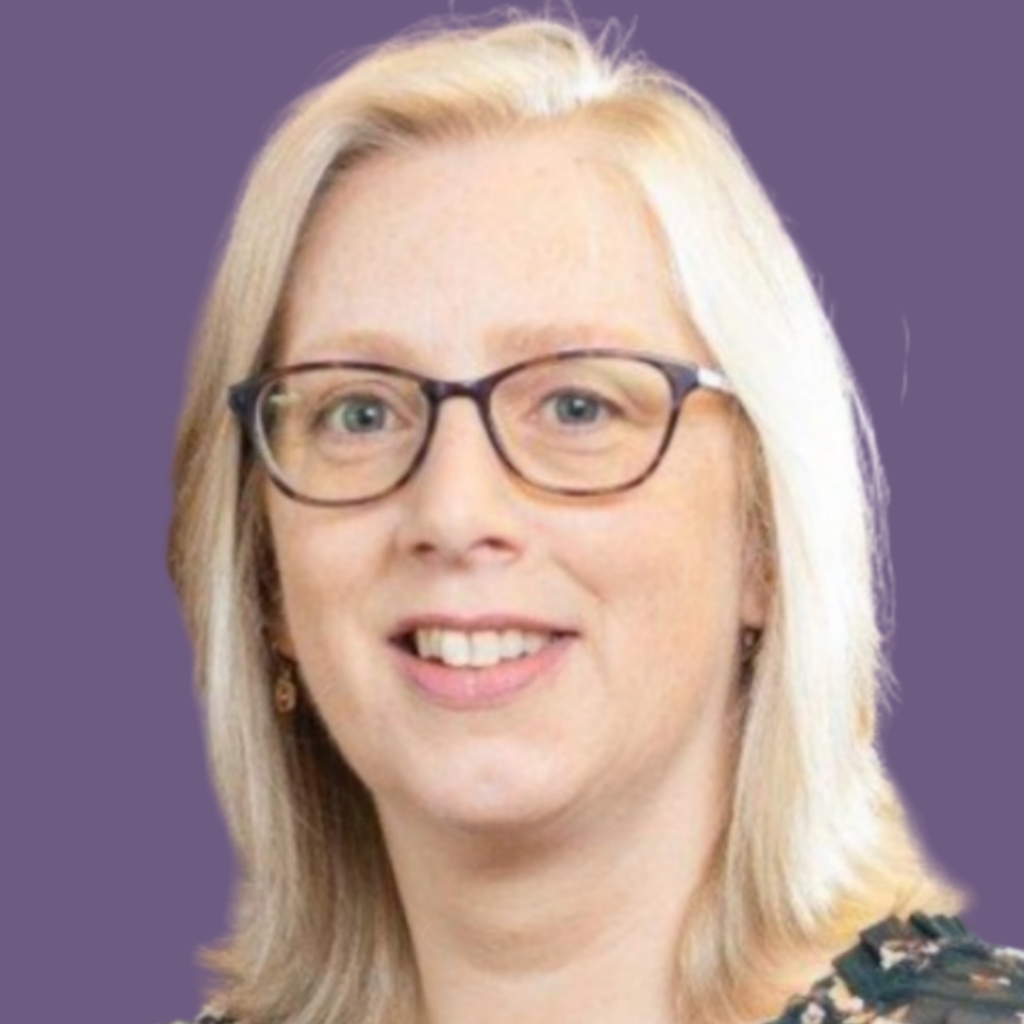Transitions from children to adults – Mencap NI
We carried out a 12-month co-produced transition project, hosted by Mencap Northern Ireland, working in collaboration with families, disabled young people, and community partners, including The Orchardville Society and The Cedar Foundation. The project sought to explore the lived experiences of transitions from childhood to adulthood for young people with additional needs and their families, identify gaps in the current system, and co-produce practical solutions rooted in lived experience.
Over 100 people contributed directly through surveys, interviews, focus groups, and workshops. This was not just consultation but meaningful co-production at every stage. The findings are sobering but powerful, offering a clear call to action: disabled young people and their families need earlier planning, clearer information, coordinated support across services, and real choice in their futures.
IMPACT Factfile
- Year: 2024 – 2025
- Delivery Model: Demonstrator
- Four Nations: Northern Ireland
- Themes:
- Resources:
Project Background
The transition from childhood to adulthood should be a hopeful, empowering stage in life. For young people with additional needs, however, it is often a time of anxiety, confusion, and disruption.
Many young people spoke of being “left behind” without clear options and parents and carers described it as “falling off a cliff”. This project emerged in response to growing concerns from Mencap families and other community partners that existing systems were not meeting the needs of young people with learning disabilities or complex support requirements.
We aimed to understand:
The overarching goal was to amplify lived experience and use it to shape a better system, one that supports young people to have not just services but full lives.
We used a phased, co-produced approach, designed to move beyond traditional consultation to a model of genuine collaboration at every stage. The project’s structure was based on the principles of co-production, ensuring that disabled young people and their families were not just recipients of services but active designers of the solutions.
Key Findings
Key themes from people with lived experience
Insights from the survey
| Indicator | Result |
| Had access to the right information at the right time | 15% |
| Had a named contact to support transition | 10% |
| Young people asked about future plans | 32% |
| Families who said the process made them more anxious | 72% |
| Families who relied on other parents for information | Over 50% |
| Knew who to contact in adult services | 10% |
| Used legal support to navigate the system | 31% |
The wider literature
Our findings were consistent with major reviews and surveys, reinforcing that these challenges are not unique to Northern Ireland but are part of a broader, systemic issue.
We looked at a Scottish Government Literature Review (2023), which also found stress and anxiety for the young person, a ‘cliff edge’, a lack of clear information, and stress and difficulties for family members. Caleb’s Cause Report (2025), Pivotal Youth Voices Report (2023) and Ulster University reports (2015 and 2023) on future planning all support our findings.
Principles for Better Transitions
Based on findings and evidence, we developed a set of key principles to guide future systemic change:
Recommendations
To move from a fragmented system to a collaborative, co-produced one, we recommend the following actions:
Conclusions: Towards a Life, Not Just a Service
This project does not call for yet another consultation. It is a product of lived experience, co-produced insight, and evidence-based recommendations. It is a call to act.
The system must move from reaction to prevention, from fragmentation to collaboration. Families and young people are already doing the work of coordination and advocacy. The role of services must be to listen, respond, and walk beside them, not stand in their way. The goal is not just to provide a list of services but to support disabled young people to build full, meaningful lives. Together, services, professionals, young people and families can develop a powerful collaboration for change.
Meet Our Demonstrator: Amanda Barr

